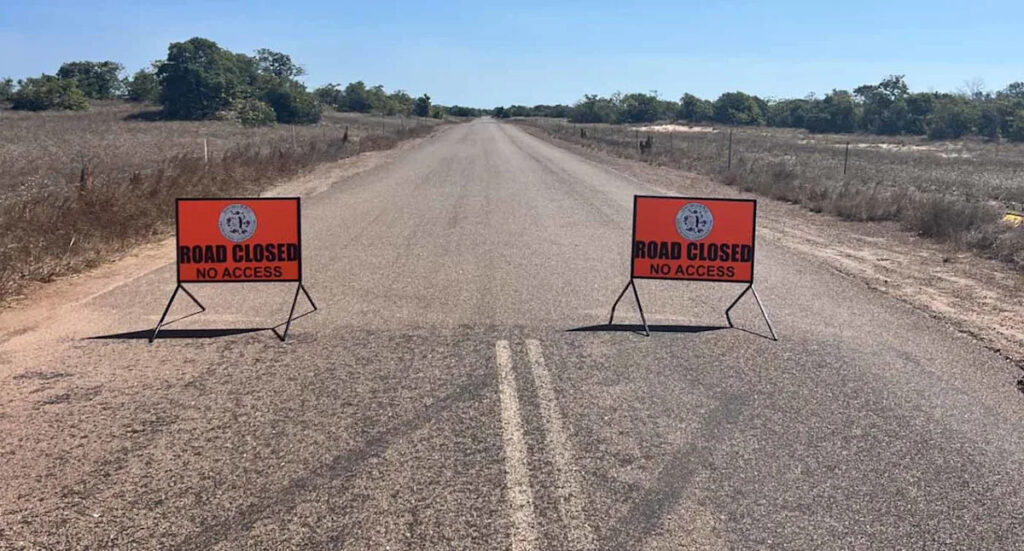
Australians exploring the natural wonders of the Top End are often drawn to Arnhem Land, a region renowned for its ancient culture, diverse wildlife, and world-class fishing. However, travelers hoping to visit the stunning white sands of Cape Arnhem (Wanuwuy) will face temporary restrictions due to an important natural event: turtle nesting season.
The Dhimurru Aboriginal Corporation has suspended camping permits on the peninsula until the beginning of October to safeguard the area during this critical period. The closure is designed to protect the nesting grounds of green turtles and other vulnerable species, a decision made at the request of the Yolŋu people, the traditional landowners.
Protecting a Vital Ecosystem
Accessible only by 4WD vehicles, Cape Arnhem is a key nesting site for green turtles and serves as a habitat for six of the world’s seven turtle species, all of which are nationally listed as vulnerable or endangered. The temporary closure aims to minimize human impact, allowing turtles the best chance to nest successfully.
“Miyalk (Women) Rangers are currently conducting turtle surveys at Wanuwuy (Cape Arnhem) to better understand the decline in turtle hatchlings,” a spokesperson for the Dhimurru Aboriginal Corporation told Yahoo News. “The closure of this rec area reduces human impact and gives turtles the best chance to nest successfully.”
In addition to protecting the turtles, the closure is part of a broader cultural responsibility to care for the land and ensure its health for future generations. When open, vehicles driving along the beaches pose a threat to turtle hatchlings, with deep tracks potentially hindering their journey to the sea.
The Importance of Turtle Conservation
Female green turtles nest approximately every three years, laying up to six clutches of 70 to 100 eggs each. However, the survival rate for hatchlings is alarmingly low, with only one in a thousand reaching maturity.
By the Numbers: “An individual female green turtle nests around every three years and can lay up to six clutches with between 70 and 100 eggs. Just one in one thousand hatchlings survives to maturity.”
The closure of Cape Arnhem is a crucial step in ensuring the survival of these species, highlighting the delicate balance between human activity and wildlife conservation.
Alternative Ways to Visit During Closure
While recreational access is restricted, there is an opportunity for tourists to visit Cape Arnhem by participating in clean-up events. The region faces a significant threat from marine debris, including ghost nets, which wash up on Yolŋu Sea Country and compromise the community’s connection to the land and water.
The Dhimurru Aboriginal Corporation encourages visitors to join these clean-up efforts as a way to contribute positively to the environment while enjoying the area’s natural beauty. The clean-up events are scheduled for the first Saturday of each closure month, and participants need only a Dhimurru Visitors Access Permit to join.
“Great way to give back by helping pick up some rubbish as well as enjoying the beautiful scenery. There will be a clean-up on the first Saturday of the closure months. All you need to join the clean-up is your Dhimurru Visitors Access Permit,” the spokesperson explained.
Looking Ahead
The temporary closure of Cape Arnhem underscores the broader challenges of balancing tourism with conservation efforts. As the world grapples with environmental degradation, initiatives like these highlight the importance of protecting vulnerable ecosystems and respecting the cultural practices of Indigenous communities.
For those interested in visiting Cape Arnhem, staying informed about conservation efforts and participating in clean-up events offers a meaningful way to engage with this unique region while supporting its ecological and cultural preservation.
For more information on how to get involved, visitors can contact the Dhimurru Aboriginal Corporation or visit their website for updates on access and permits.






